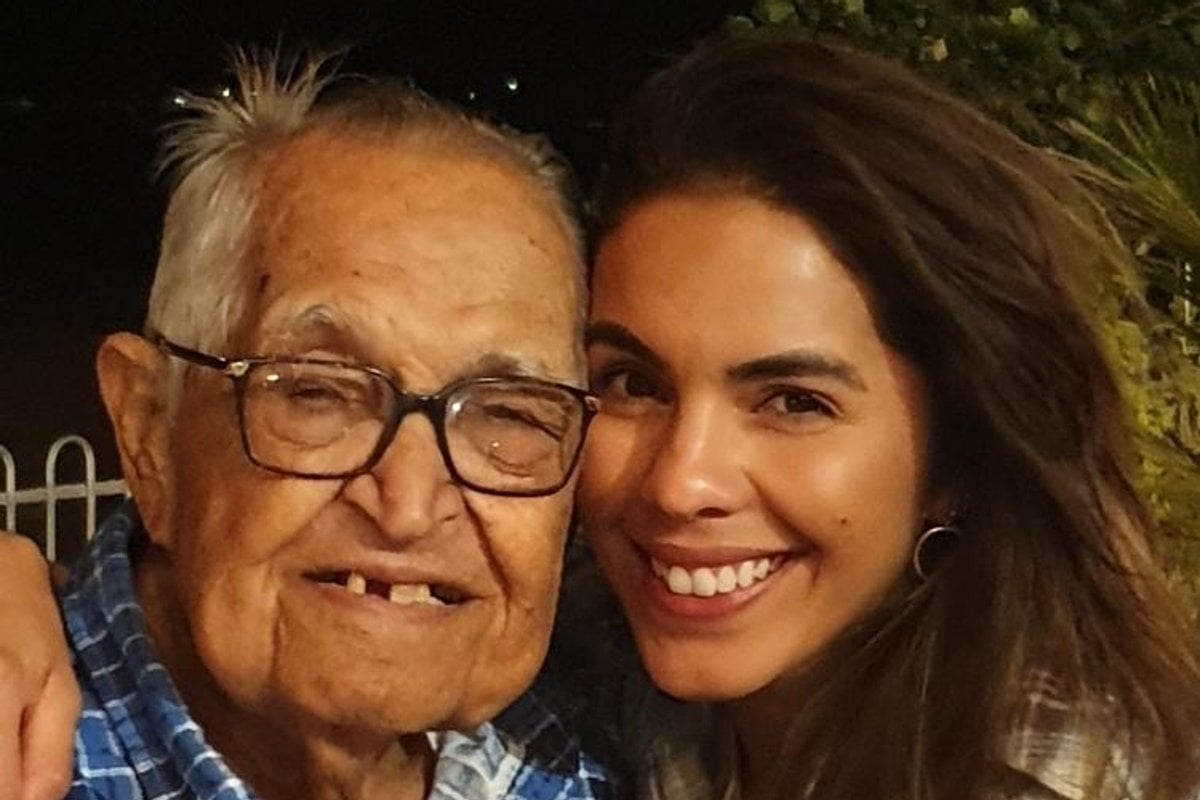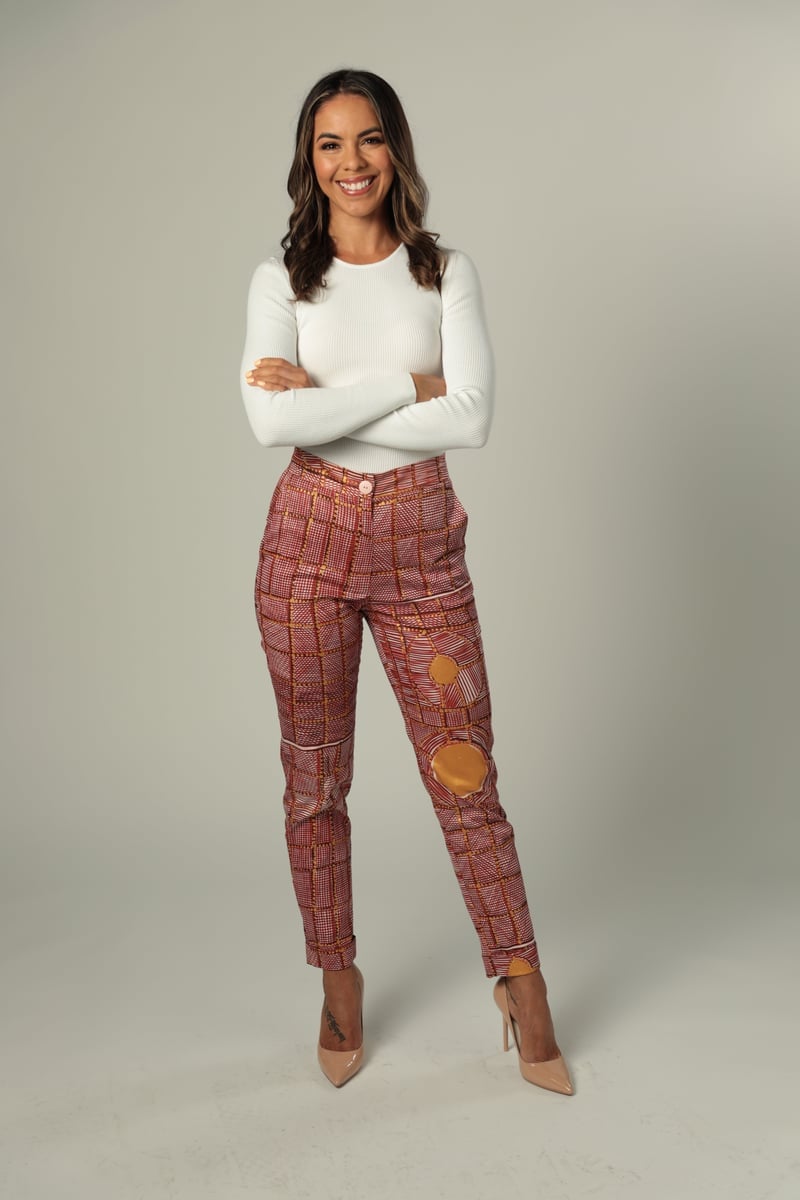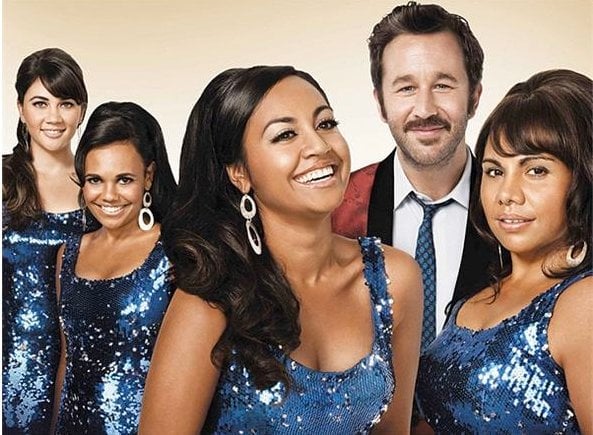
Like many people, television host and fitness instructor Megan Waters has a love-hate relationship with the effects of the pandemic. On one hand, she was stuck in a seemingly endless loop of lockdowns in Melbourne last year and missed out on several key experiences in her first year as co-host of NITV’s AFL show Yokayi Footy.
On the other hand, she had time to recalibrate and focus on her goals. Most importantly, she was able to spend four months in 2020 and another two months at the end of last year in her home city of Darwin, in Larrakia Country in the Northern Territory. She got to have quality time with friends and family, including her favourite person in the world - her grandfather.
The 33-year-old becomes emotional as she speaks about her grandad, who is from the Stolen Generation. “He’s really unwell. It's pretty raw at the moment. He’s the king of our family. He is an extraordinary human. And he’s lived such a full, humongous life,” she tells Mamamia.
“He's 92. Well, he likes to think he’s 92 and we let him have that,” she continues with a watery laugh. “But he was taken away from his mum around the age of four from the Tennant Creek region. They were never reunited. I can’t even fathom what it would have been like for him growing up without love, removed from his culture, traditions and family. I think about how painful it would have been for his mum. So much trauma.”
Listen to The Quicky podcast "Where Are The Stolen Generation Now?" Post continues below.
Waters is glad to see that education around what happened to her grandfather and others like him is slowly being taught in schools, something she never got to experience. “I didn't learn about this in school, I had to go out of my way to learn about this. And I mean, obviously, it's in my family, which is why there's an awareness for me. But if you're a white person growing up in Australia, there's going to be this confusion and limited understanding and lack of awareness about the issues Indigenous people are still faced with.”






























































































